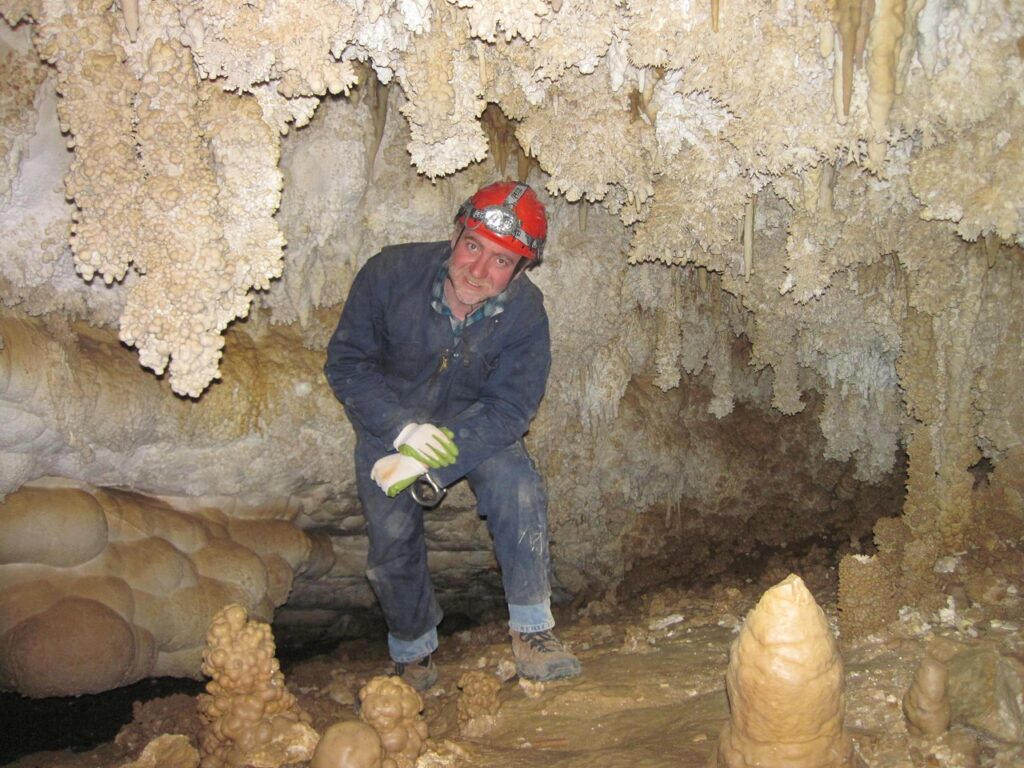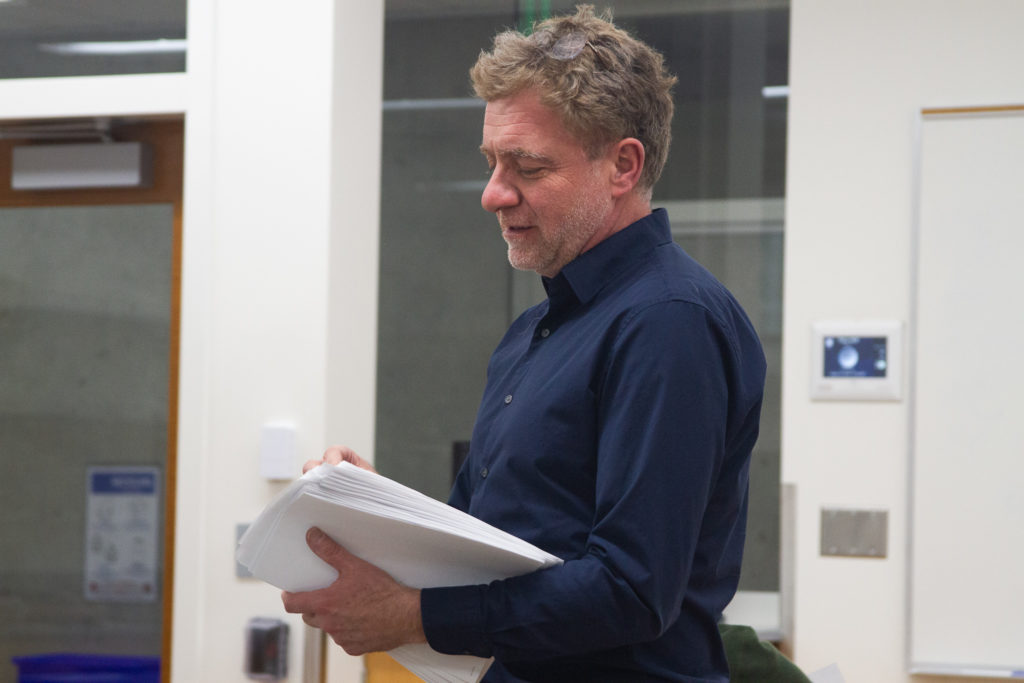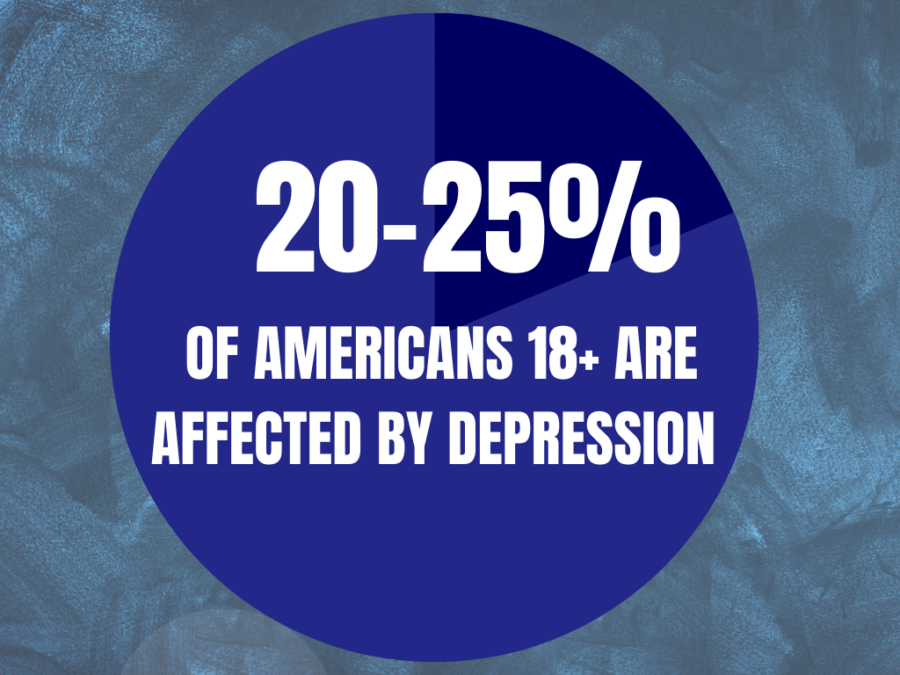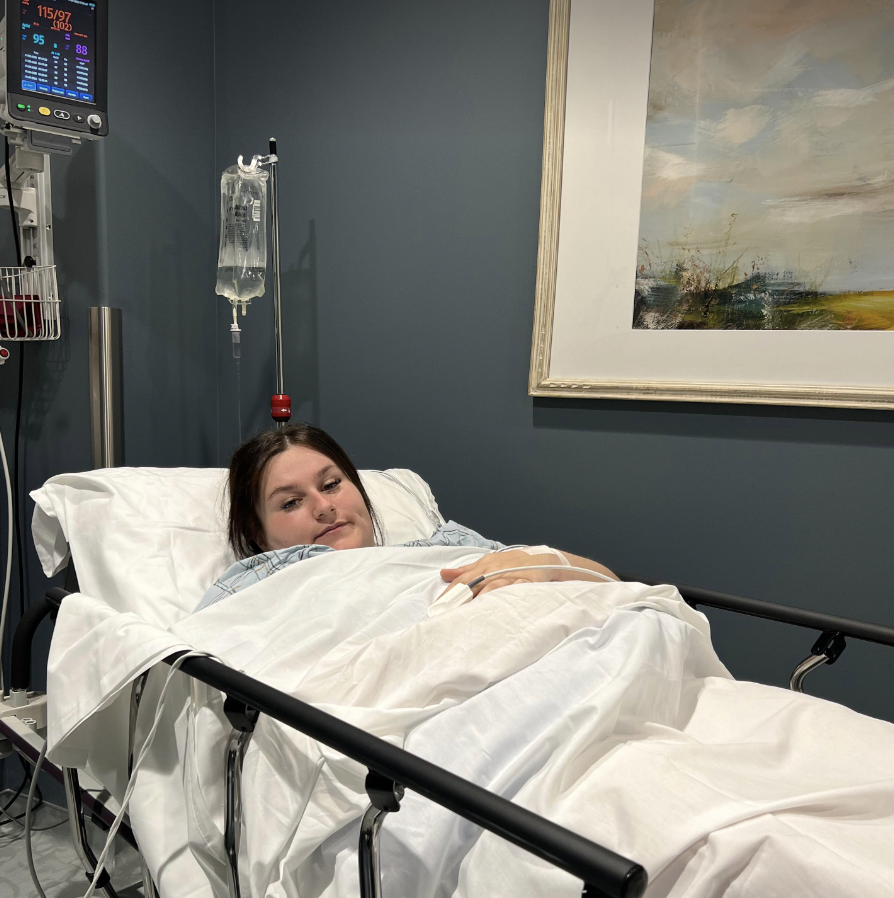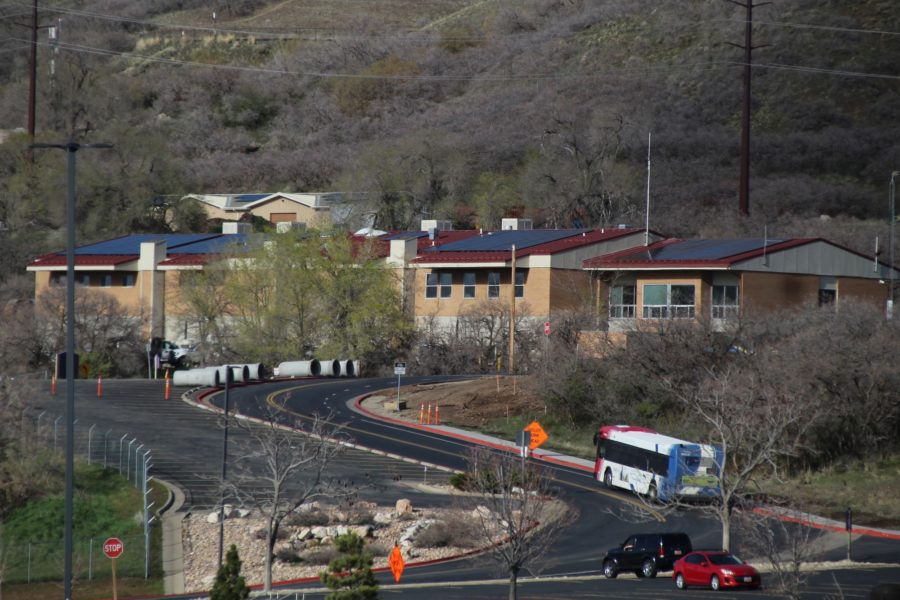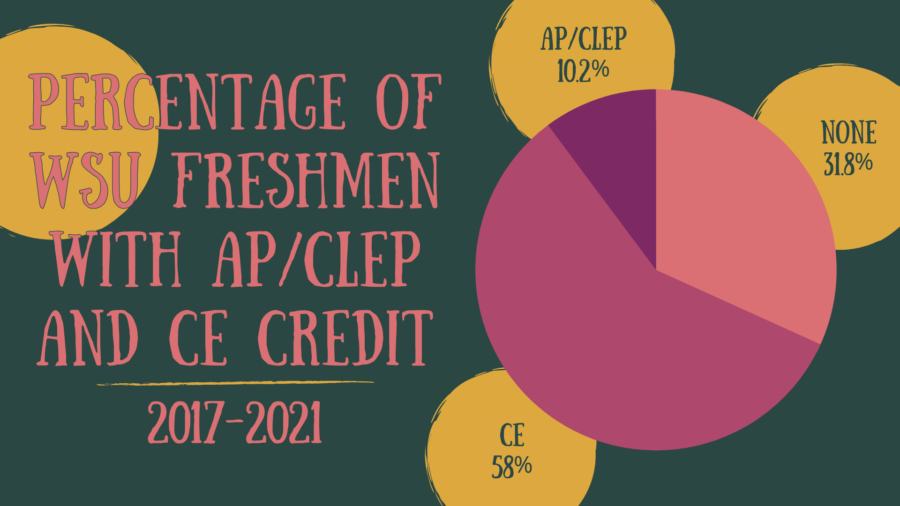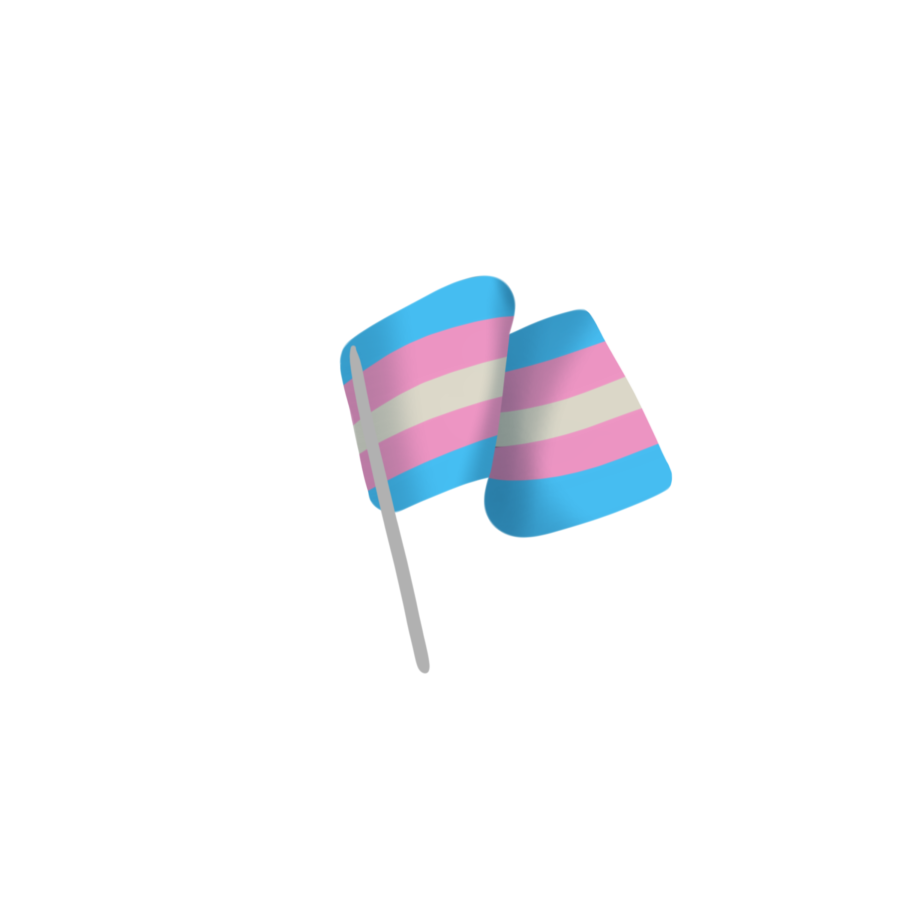Matt – e – yah – shick. That’s how you pronounce Dr. Marek Matyjasik’s last name, the first skill students at Warsaw University will have to practice when he travels there early next year as Weber State University’s 11th Fulbright Scholar in the past 20 years.
It won’t be the first time Matyjasik has been to Warsaw University; in fact, it’s somewhat of a homecoming for him. An alumnus, Matyjasik received his Master’s of Science degree from Warsaw University and taught there as a teaching assistant for four years.
During that time, Matyjasik worked as part of the Underground Solidarity Movement, saw the fall of communism in Poland and helped craft some of the democratic practices at Warsaw University. Matyjasik is excited to see the results of one of the world’s first democratic experiments years later, one that he took part in.
“I’m closing this chapter from 32 years ago,” Matyjasik said.
Matyjasik teaches in the Earth and Environmental Sciences Department at WSU and also serves as the adviser for the Applied Environmental Geosciences major. His research interests primarily focus on water, which he sees as a part of all earth sciences. He describes his interest stemming from both idealism and practicality.
“Water is something we all need,” Matyjasik said. “But there’s also a lot of beauty to water: the clarity of it, the sound of running water. It has a poetic vision to it.”
One of Matyjasik’s students, Saige Carter, who is currently in Matyjasik’s groundwater class, said Matyjasik’s enthusiasm for teaching stood out to her.
“You can tell he really loves it,” Carter said. “He thanks students for coming to class.”
Matyjasik sees teachers’ most important role as serving students to the best of their ability, which is why he appreciates the Earth and Environmental Sciences Department’s commitment to quality teaching, department-wide.
In fact, a commitment to quality teaching is in chair of the Earth and Environmental Sciences department Dr. Richard Ford’s statement to new majors.
Ford valued Matyjasik’s pursuit of the Fulbright Scholarship because department majors enter a small, interconnected world in the workforce. That international experience Matyjasik brings back from Poland will help facilitate students’ interconnectedness at WSU.
To help best serve future students, Matyjasik helped secure a highly-competitive grant funding scholarships to underrepresented students. Matyjasik also described the grant including a summer bridge program, which takes recently-graduated high school students to national parks around the state. Matyjasik is enthusiastic about the chance for students to see places they never would have otherwise.
“We really care about the success of our students,” Matyjasik said.
Dr. Ford further emphasized the aspect of the grant that creates cohorts among the students once they come to WSU, ideally as department majors.
“We’re taking the idea of a learning community very seriously,” Ford said.
That care is part of the reason Matyjasik applied for the Fulbright Scholarship in the first place. The program emphasizes collaborative learning; for him, the collaborative learning is a natural part of being a scientist. Of course, learning other teaching methods will help him achieve his primary goal, as well.
“We (scientists) don’t want to do everything the same way all our life,” Matyjasik said. “We should learn different ways of teaching to best serve students.”
However, many of Matyjasik’s students appreciate the teaching methods he employs now.
Brooklyn Smont, another student in the groundwater class, appreciated Matyjasik’s focus on learning. Both her and student Michael Fifer described Matyjasik’s clarity in explanation as most beneficial in his teaching. Student Elizabeth Williams agreed.
“He breaks it (the subject material) into little chunks for those of us who aren’t as bright as he is,” Elizabeth Williams, also in the groundwater class, said.
Many of Matyjasik’s students described another effective aspect of his teaching skillset in his demonstrations of how the lessons would directly translate to real-world applications, particularly in a job in the field.
On March 27, Matyjasik had his groundwater students modeling the way water drips down through the earth in a leaky aquifer, a layer of rock that contains groundwater.
“Why do we do boring labs?” he asked the class.
They replied that, for their coming project on March 30, they needed to understand the way a leaky aquifer looked. On March 30, the students would be digging a well and graphing whether the water leaked the same way, which would tell them whether the aquifer in that location was leaky or not.
In essence, their lab had a predictive function and a real-world application to the project they were completing later that week, a project they might do in a job.
As for applying for the Fulbright award in the first place, Matyjasik described the process as long and complex but satisfying. He first wrote a proposal and secured letters of recommendation from professionals and a letter of support from the university. Then, his proposal had to be approved by a peer-reviewed board. Finally, ambassadors and Fulbright members from the host country interviewed him and weighed the benefit of his proposed project. However, Matyjasik knew he’d apply at some point.
“It’s always been somewhere on my mind,” he said.
He knows some of the other recipients at WSU and said they all described the experience as extremely positive, as well. He looks forward to the life-long commitment Fulbright recipients have to the foundation. After his scholarship, he will review proposals for future applicants.
Once he’s through, though, Matyjasik intends to come back to Utah, which, in his opinion, is one of the top locations in the world to do the work he does. Utah has easy access to mountains, as well as national and state parks.
“Utah is a geological paradise on Earth,” he said. “I cannot imagine any other location where I’d be as happy or impactful.”
Matyjasik also described meetings he’d have with students in his adviser role where they’d describe why they were Applied Environmental Geoscience majors.
“They take classes because they want to, because it’s their dream,” he said.
Matyjasik’s devotion to teaching his students runs deep. Many Fulbright Scholars have gone on to win Pulitzer and Nobel Prizes.
But Matyjasik’s biggest aspiration? “Help students, as best I can,” he said.
